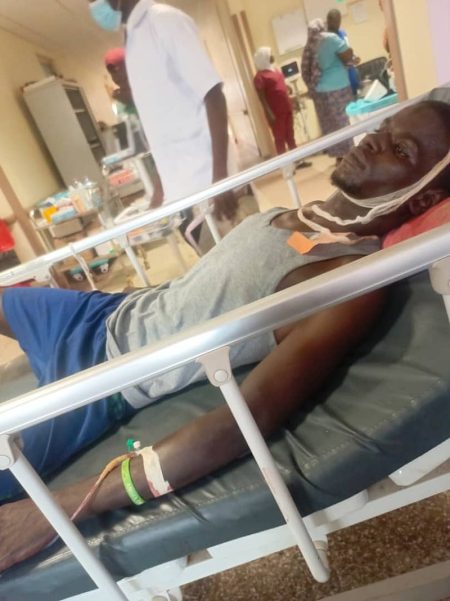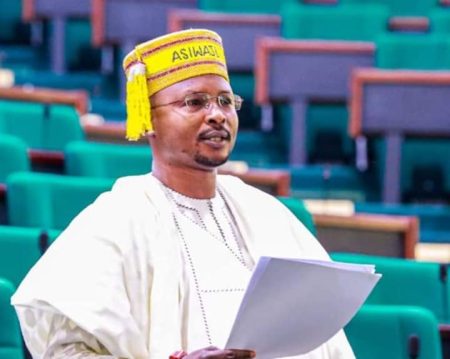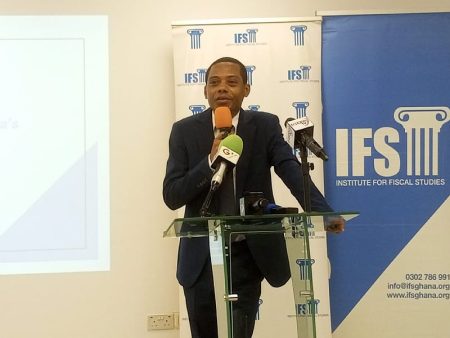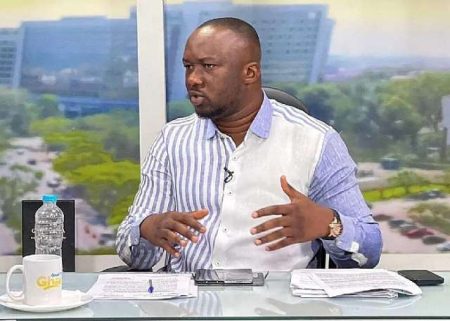The recent parliamentary rerun in Ghana’s Ablekuma North constituency has ignited a firestorm of controversy, with accusations of electoral manipulation and a deeply fractured political landscape. Frederick Green, the constituency secretary for the New Patriotic Party (NPP), has leveled serious allegations against the Electoral Commission (EC) and the ruling government, claiming a deliberate scheme to engineer the NPP’s defeat. Green contends that the NPP had already collated results from the original December 2024 election, demonstrating a clear victory, and the subsequent rerun in 19 polling stations was an unwarranted and calculated move to undermine their legitimate win. This action, he argues, represents a blatant disregard for democratic principles and a subversion of the will of the people. The NPP’s claims of pre-existing victory data further fuel the perception of a rigged process, raising fundamental questions about the integrity of Ghana’s electoral system.
The crux of Green’s argument revolves around the discrepancy between the initial results compiled by the NPP and the EC’s decision to hold a rerun. He claims the NPP’s internal collation showed a comfortable lead, making the rerun unnecessary and suspicious. The decision to focus on 19 specific polling stations, which Green alleges favored the incumbent NDC, further reinforces the NPP’s belief in a targeted effort to overturn their victory. This perceived manipulation, according to Green, not only robbed the NPP of a rightful win but also represents a dangerous precedent for future elections, potentially eroding public trust in the electoral process. His impassioned remarks underscore the deep-seated frustration within the NPP and their conviction that the electoral system has been compromised for political gain.
The controversy surrounding the Ablekuma North election is not merely about the outcome of a single constituency race; it represents a larger struggle for power and influence in Ghanaian politics. Ablekuma North, historically an NPP stronghold, has now become a symbolic battleground, highlighting the shifting political dynamics and the increasingly competitive nature of elections in the country. The NDC’s victory, their second in the constituency since 1992, represents a significant shift in the political landscape and underscores the growing strength of the opposition. This victory, however, is tainted by the allegations of electoral manipulation, casting a shadow over the NDC’s triumph and raising questions about the legitimacy of their win.
The rerun itself was a consequence of irregularities identified in the 2024 election, particularly missing endorsement signatures on crucial pink sheets. While a court order mandated the EC to complete the process, ongoing disputes over procedural lapses ultimately led to the decision to rerun the election in the contentious 19 polling stations. This decision, however, was met with strong opposition from the NPP, which saw it as a deliberate attempt to disenfranchise their voters. The party’s subsequent boycott, though defied by their candidate Nana Akua Afriyie, further complicated the situation and contributed to the heightened political tension surrounding the rerun.
The contentious election was marred by violence, with reports of attacks on NPP candidate Nana Akua Afriyie and former Fisheries Minister Hawa Koomson. An assault on a journalist by a police officer, who was subsequently interdicted, further underscored the volatile atmosphere surrounding the election. These incidents of violence highlight the high stakes involved and the intense polarization that characterizes Ghanaian politics. The narrow margin of victory, with NDC candidate Ewurabena Aubynn securing just 209 more votes than Nana Akua Afriyie, further intensifies the controversy and fuels the NPP’s claims of manipulation.
The outcome of the Ablekuma North election has left a deep fissure in Ghana’s political landscape, raising serious concerns about the integrity of the electoral process and the impartiality of the Electoral Commission. Frederick Green’s accusations of a deliberate and orchestrated scheme to undermine the NPP represent a significant challenge to the legitimacy of the election results. The NPP’s claims of pre-existing data showing a clear victory, coupled with the irregularities surrounding the rerun, demand a thorough and transparent investigation to restore public trust in the electoral system. The narrow margin of victory and the reports of violence further complicate the situation, creating a volatile political climate that requires careful management to prevent further escalation. The future of Ablekuma North, and indeed Ghana’s democracy, hinges on the resolution of these issues and the restoration of faith in the electoral process.














